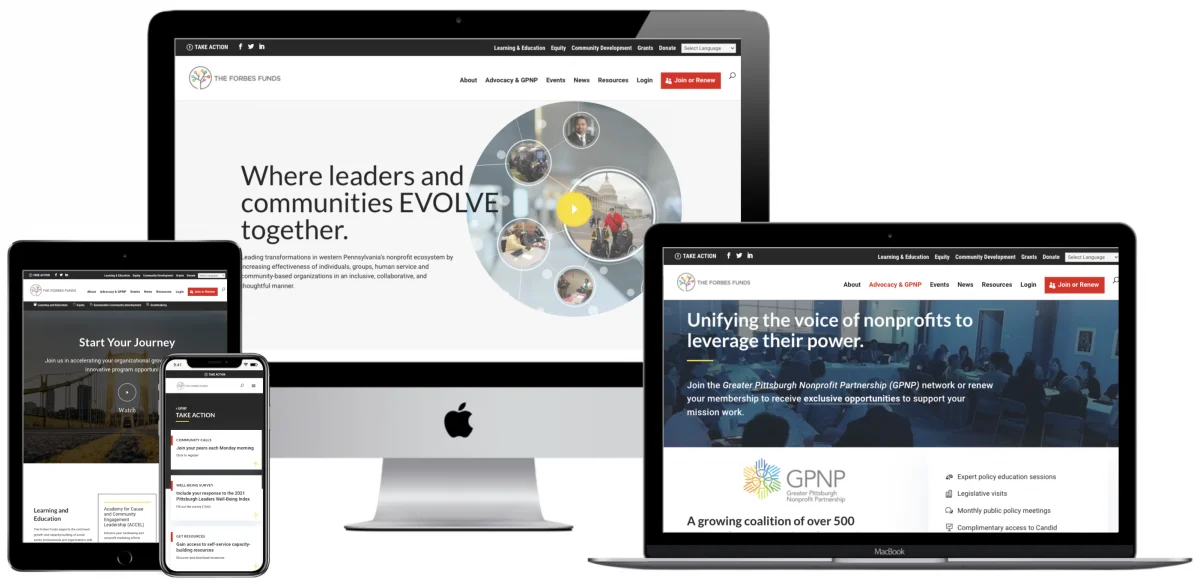Many businesses choose to outsource specialised tasks that are more difficult to hire internally. In a climate where online marketing is more prevalent and Google updates are frequent, SEO is more nuanced and varied, schema has been introduced, web design comprises of more than visual elements, and generally getting your website to rank on Google’s SERP is more complicated, then companies often choose to outsource some of these important–and often vital–functions. Just as 62% of business outsource their content marketing and those businesses that do have in-house content marketing tend to be marketing agencies themselves who have teams of content writers and specialists, then many companies choose to hire SMEs or subject matter experts to complete other functions–everything from software engineering, website design, content writing (as mentioned), scientific research, malware specialists, a helpdesk support operatives, accounting managers, auditors, or even someone with specialized knowledge you want to write about. A subject matter expert is anyone who doesn’t have an existing function in your business or an individual hired where temporarily there needs to be a higher level of expertise than can currently be offered. Let’s get into how to hire a subject matter expert for your business.
What is an SME?
We’ve touched on the basic definition, but officially, a subject matter expert (SME) is an individual with an expert level of knowledge or expertise in completing and performing specialized tasks, jobs, or skills within an organization who is not usually on the payroll. Basically, an outsider you bring into your company to perform a job–sometimes a project–that needs to be completed but you don’t have the internal capacity to hire a full-time position and train that person to the level of expert.
Why do companies need them?
Again, you may need an SME if you can’t get your business ‘wishlist’ done in a timely manner. Let’s use content marketing as an example. Even if your business offerings are complex and technical, hiring a subject matter expert can benefit you if you have a project that’s either outside the business as usual or you simply don’t have the time and capacity to get everything done with your existing team. You may have an ambitious content marketing plan for your in-house marketing team, but unless you have a large team, you may not get be able to have your content team write the pieces in time to publish 2-3 or more per week (because it may take your writers 1, 2, 3, 4 or more hours to devote to each piece, ensuring the highest quality, especially since Google now favors pieces that are 2-3,000 words or more). That can be expensive internally which is why many businesses choose to team with subject matter experts (that they only have to pay periodically) and freelancers (who usually charge a per word rate and not per hour).
Some freelancers or your in-house writers may team with your subject matter expert–in the content marketing example–to gain quotations, expertise, and advice on the article’s subject matter and then the writer will devote the time to write the article itself since not all subject matter experts are excellent writers or–even still–they may be expensive if they are devoting their time to their expertise and to writing. Plus, your content writers will understand SEO best practices, how to write for social media shares, your business goals, how to ensure ROI, and so forth–all tasks for which you are not hiring your subject matter expert.
Again, it’s no surprise that businesses often hire SMEs in marketing or business development because these fields are fast-paced and changing and in-house teams may not have the tools, techniques, and technologies to support an ever-changing pace.
How to prepare for an SME
Before you bring your SME in, you need to set a plan of what you want to achieve by bringing in the SME. What are your business goals you hope they will solve or help you reach? How long will you bring them in for? Will they work in-house with your team or will they work remotely?
Once you’ve established what you want your SME to achieve, you need to prepare your employees for their visit. You need to set up their expectations and put their minds at rest.
Sometimes when subject matter experts approach a situation, they are greeted with hostility and suspicion. This is understandable, considering if the SME is a business analyst that employees are concerned about job loss and other important decisions that will be made while the SME is present. However, before hiring an SME, it is crucial that it is made clear to all employees that the SME is not present to reflect how any singular employee is currently performing work wise. This can be difficult for employees to understand and tension can build, but they must focus on becoming a team with the SME and working together. Before hiring the SME, express how this will be an excellent learning experience for all employees and focus on the positives that the SME will do while involved with the business. If not done, this can not only make the SME’s job and your job more difficult and be counterproductive.
Next, you need to set the expectation for your SME. You need to explain what you expect, what your team is like, how they are expected to work cohesively and so forth. Most SMEs come into business full time so they understand that they have to establish relationships quickly, building trust and confidence in a short space of time. Plus, they want to be ‘worth their weight in gold’ as the saying goes. They want to come in and do a good job so that you consider them a good investment for any possible future business relationships.
Before starting the project, the SME and your existing team that will work with the SME need to be involved in the project from planning to execution. That way all the relevant stakeholders will feel part of the project and be invested, creating a more cohesive final product of which everyone is proud and, more importantly, understand the requisite components.
Tips on hiring a Subject Matter expert for your business.
1. How to find an SME that meets your needs
Of course you want to research your SME first. It’s a good idea to hire someone who has been on your radar, whose work you respect and someone you want to learn from. Hiring an SME can be a great time to discover and learn more about your industry, ensuring you’re always learning. You may want to hire someone who has a history of success, whether it’s successfully building an SEO campaign, a content marketing campaign, overhauling the senior leadership team, or establishing a cloud-based network with top-notch security.
2. How to set out the expectations of the business to the SME
Again, if you establish the relationships from the get-go and involve all major stakeholders at the beginning, more people will be on board. No one likes being ‘told’ what to do. Employees and SMEs alike want to feel like they are involved in understanding the project, planning the project, setting out expectations and goals, reaching those goals, debriefing, and analysing their efforts. Ask people’s opinions, have frequent meetings, and get everyone on the same page every step of the way. Keep everyone informed, build trusting relationships on foundations of respect and analyse along the way to ensure that if the strategy needs to change mid-way through that everyone agrees, understands why, and so forth.
3. How to establish good relationships with existing employees and your SME
Without sounding too repetitive, involving everyone can establish good rapport. You want to make sure that you not only have all the current and past information regarding your business, but you also know all the small details that will be important for the SME that they may not be aware of right away–or let the SME know which employee they can find the information from. It will help the SME be able to do their job better if they are aware of precisely what is currently happening in the business, including understanding who they will be collaborating with and what their role is. A simple RACI chart can help here.
4. How to learn from your SME when they are there
Observe how your SME works, take notes, collaborate, and keep checking progress in order to learn from your SME. Especially if their expertise is an area that you may need in the future, you will want to learn what practices they use, ask for their advice, tips, and techniques, and establish good rapport with them. They may be happy to consult with you in future–on the end of the phone–if they feel the relationship is mutually beneficial.
As some quick examples, more specifically, if they are auditing your finances and accounting practices, as an example, ask for tips on how to keep your accounts in pristine order to make audits faster, more efficient, and more simple in future. Ask for ways to calculate ROI to ensure you aren’t wasting your budget on non-necessary business practices. Ask for tips on how to be more efficient as a business and so forth, depending on the kind of expert you’re using. If you’re hiring an SEO expert, as another example, then you may ask which tools you want for your business that will make your efforts more effective. You might want to ask what tools they use to track progress and so on.
5. How to learn from the SME after their visit
Just as you would after any project is complete, you want to take time with your team to analyze the results. You’ll want to discuss what worked and what didn’t work about the project. Ways your employees learned from the SME, what they will take away from the experience, and if they felt the project and exercise was a success overall. Again, involving your team makes it feel to them as if you value their opinions (because of course you do) and they will be more on board if you bring in SMEs in future. Debriefing can also have the added benefit of winding down from the project and bringing it naturally to a close, allowing a feeling of catharsis and finality. You may want to reflect personally on the benefits the SME has brought to your business, how you want to approach any future SME relationships, and things you would keep the same and things you would change. Learning from your SME is all about reflecting on the experience overall and making notes on improvement, a cycle of continuous learning and improvement.
The takeaways
Hiring an expert can be an incredible benefit for you business, bringing improvement change, and motivation to your team. Ensure you follow these steps in order to make the relationship and partnership a successful venture. Be sure to analyze along the way, get all of your stakeholders on board, and reflect on the experience once it is concluded.
Read more: Achieving a Digital Advantage is Key to Unlocking Insane Growth

Elaine Frieman holds a Master’s Degree and is a UK-based professional editor, educational writer, and former marketing agency content writer where she wrote articles for disparate clients using SEO best practice. She enjoys reading, writing, walking in the countryside, traveling, spending time with other people’s cats, and going for afternoon tea.

